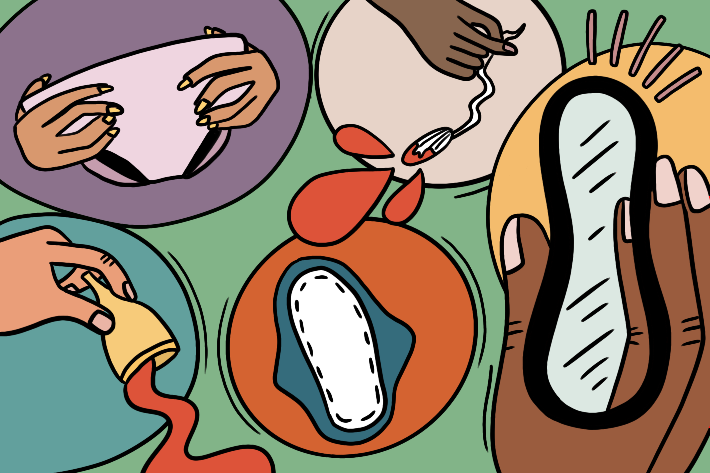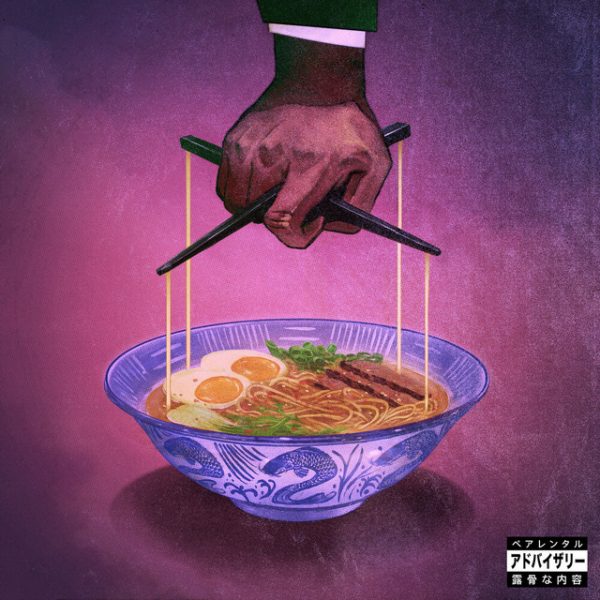Menstrual Stigma Needs To Be Stopped, Period.
According to the United Nations, as of 2021, there were 3.905 billion biological females in the world. This means that approximately 49.58% of the world gets a monthly period. So why is there such a large stigma over it? Not only are menstrual products severely taxed when they’re indisputably a necessity, but openly talking about menstrual cycles is often gingerly discussed.
One large contributor to this stigma around periods and the menstrual cycle is simply historical taboos. Specifically, the Tinne indigenous people of the Yukon Territory in Canada thought that having contact with a menstruating woman would make a man lose his “manliness.” In more extreme cases, the ancient Greeks thought that when the first period happened late, it would cause blood clots around the heart, the uterus to wander around the body and suicidal depression. Lastly, during medieval times, people believed that if a penis touched period blood it would burst into flames.
However, in contrast to the historical stigmas, there are recorded occurrences of respect surrounding the menstrual cycle in history. One of these occurrences is in Central Africa, in which the biggest grass hut of the Mbuti tribe in Zaire is considered the “menstrual hut,” where women go when they have their first period with other girls and female relatives. This helps to create the idea of having a period as powerful and blessed by the moon.
Not only do negative stigmas around periods affect girls on a psychological level, but they can also be detrimental on a physical level. According to UNESCO, only 50% of Kenyan girls have access to pads, and in Nepal and Afghanistan, 30% of girls have skipped school during menstruation, while in India, 20% drop out completely.
The only upside to these stigmas is that it causes girls to look out for each other. It is very rare to find a girl who won’t give you a pad or tampon if you ask, despite the fact that it has to be done secretly so no one knows that you’re on your period. It’s also very unusual to find a girl who won’t give you a sweater or sweatshirt if you happen to bleed through your pants.
In the end, the fact that periods and the menstrual cycle are considered taboo is ridiculous, as every single person who has a uterus has one, but there are little things that we as a society can do in order to help remedy this.
For example, if we stop using language such as “Aunt Flo,” “lady days,” “shark week” and “monthlies” and just use the term “period” or “menstrual cycle,” the taboo of being on your period will be lessened. Discussing menstruation openly and improving access to sanitation products will also aid in removing stigmas around menstruation from our culture.
Overall, we as a society need to stop dismissing something that affects half of the world’s population and there are many little things that we can do and should do to help that.






